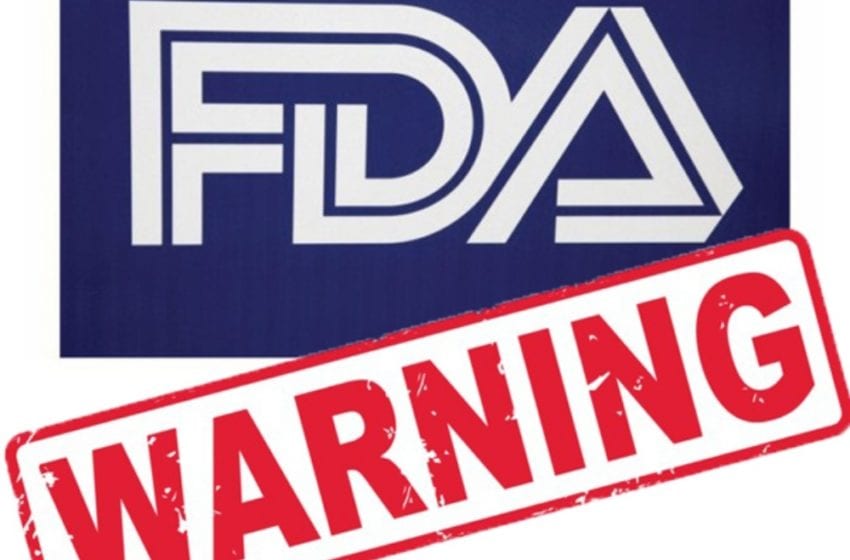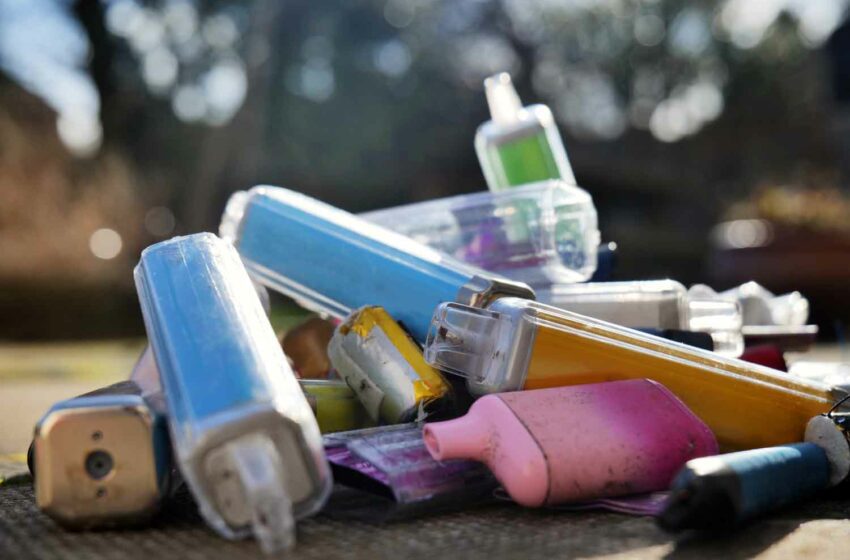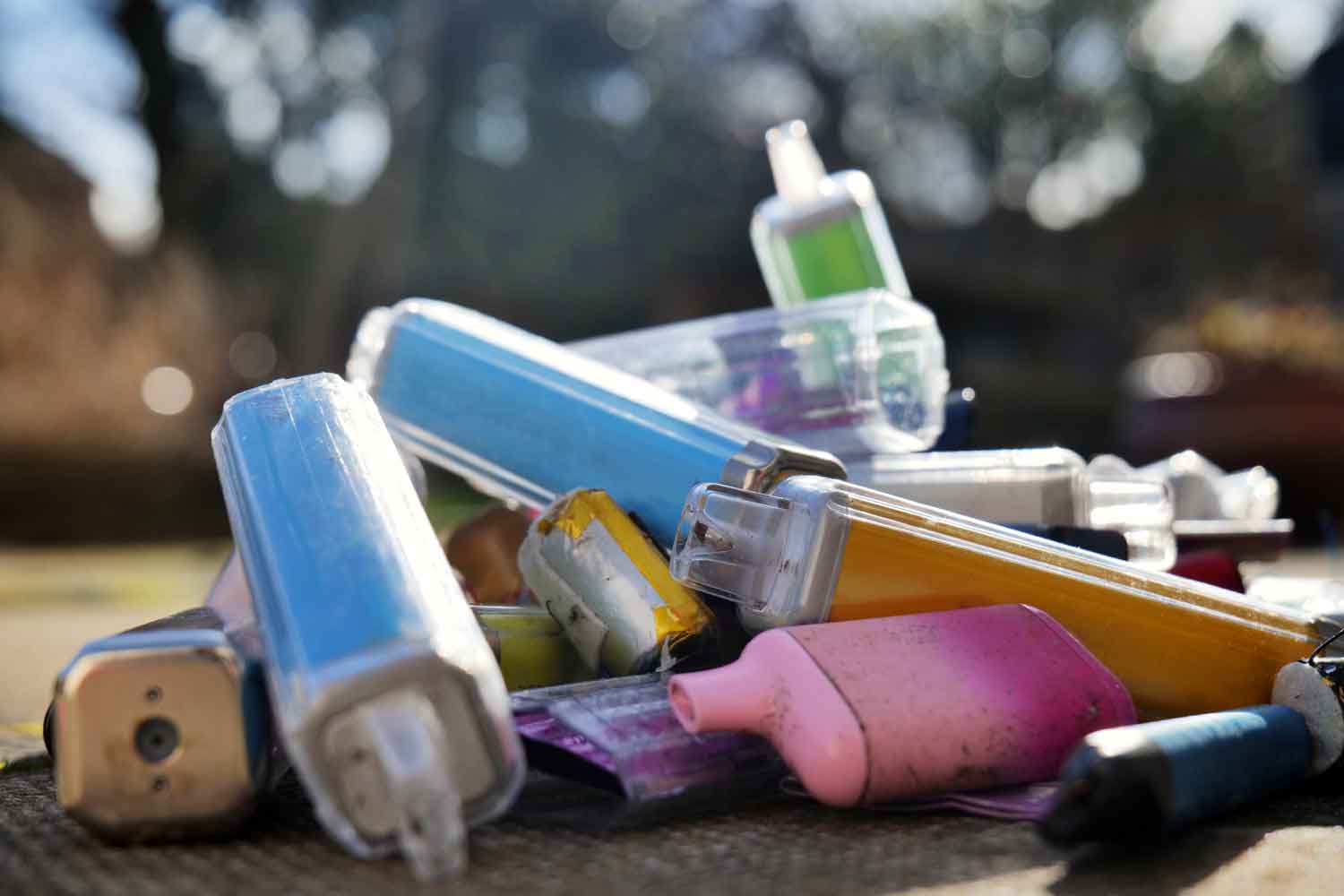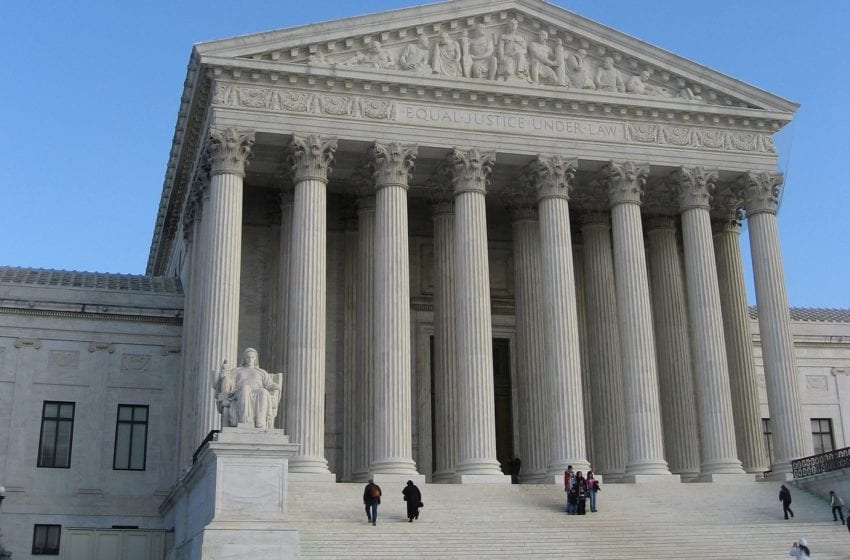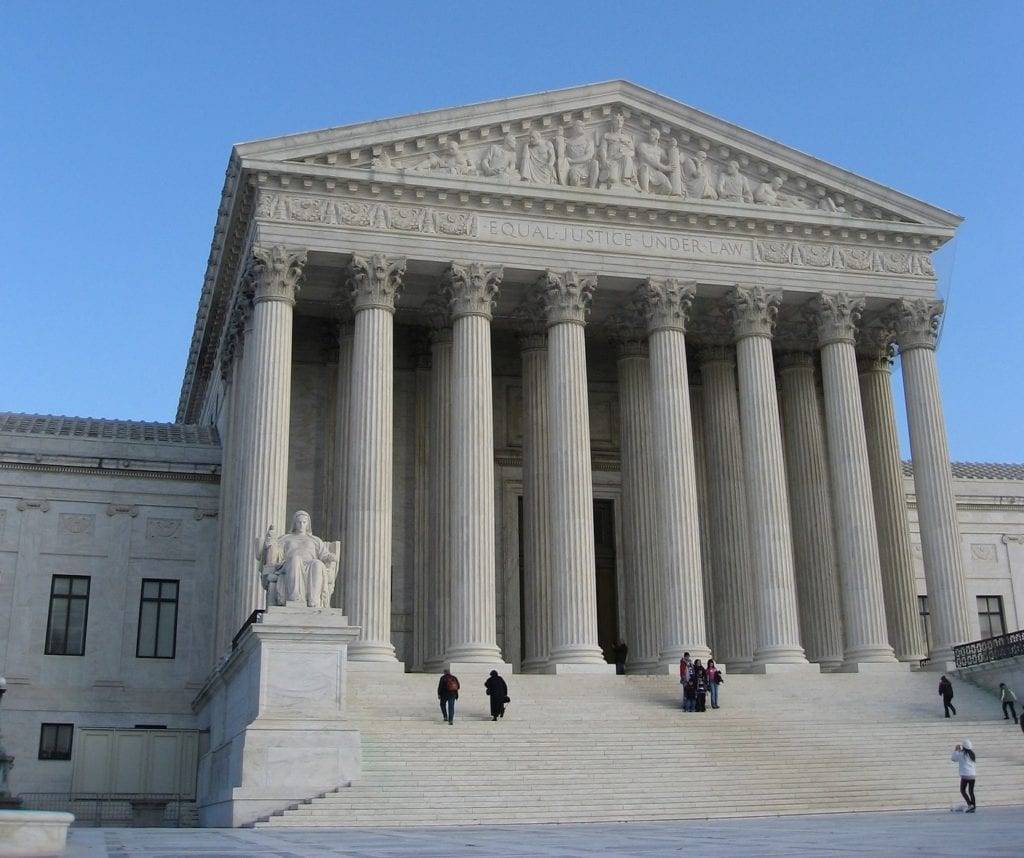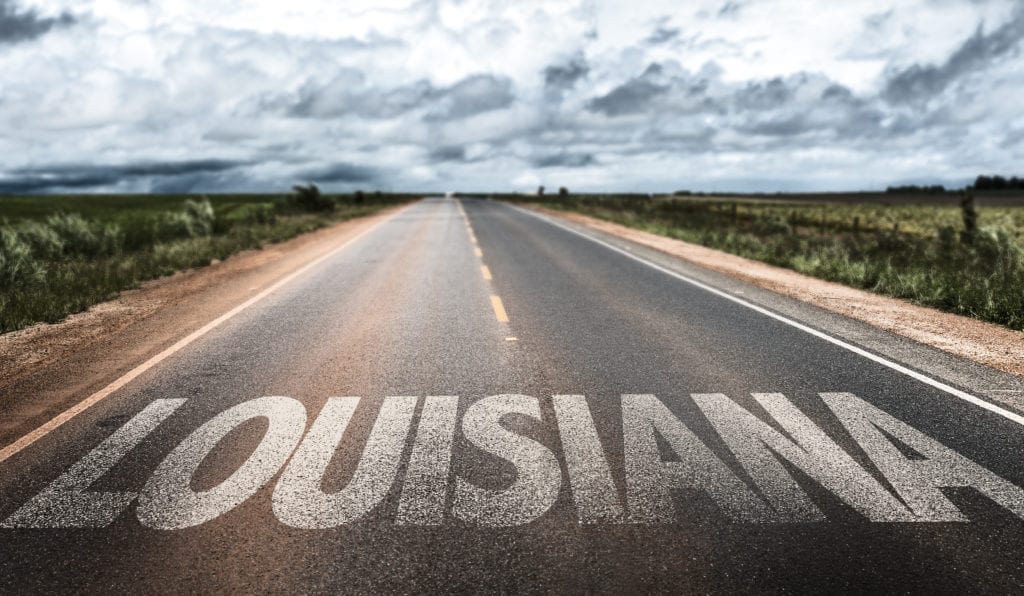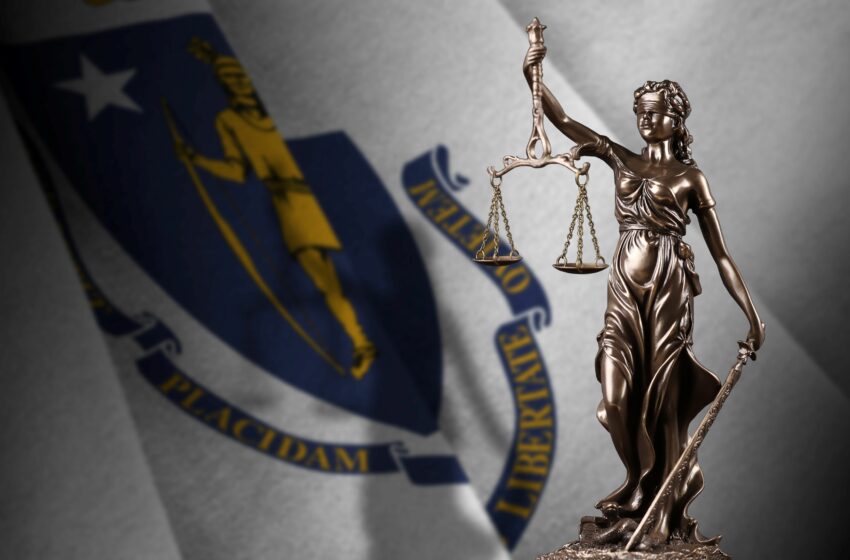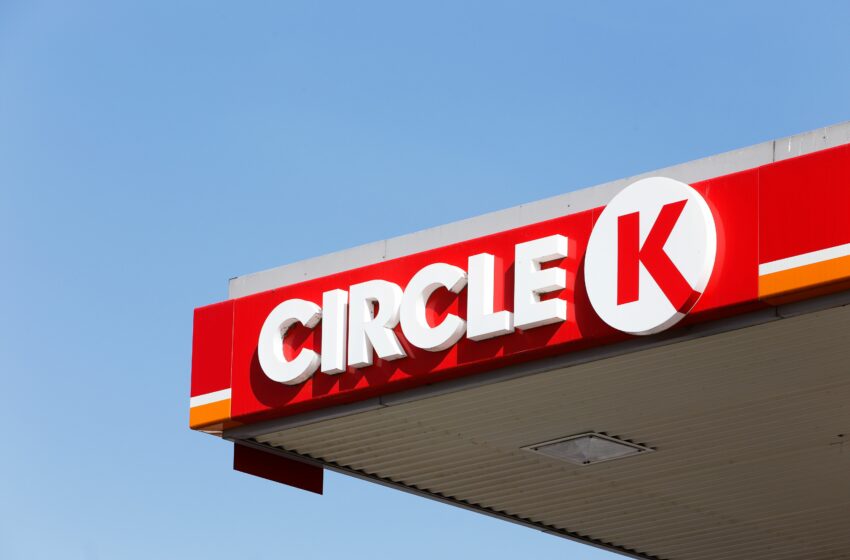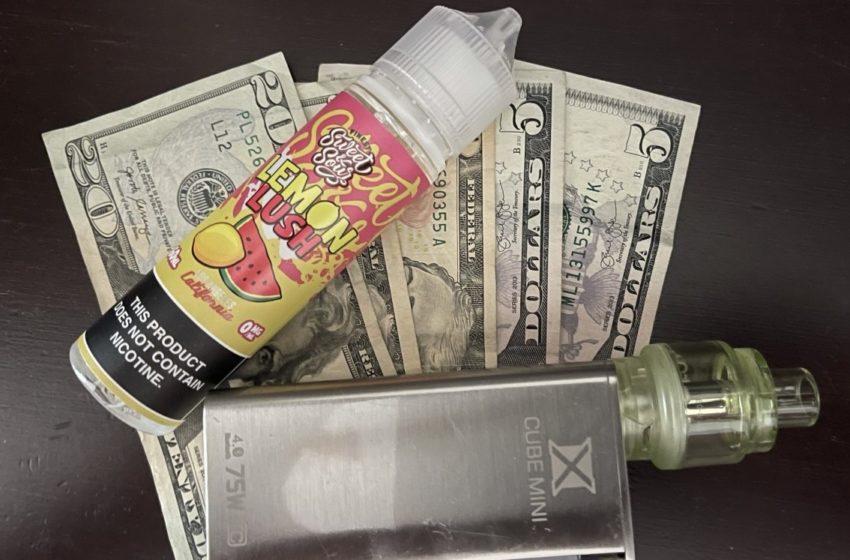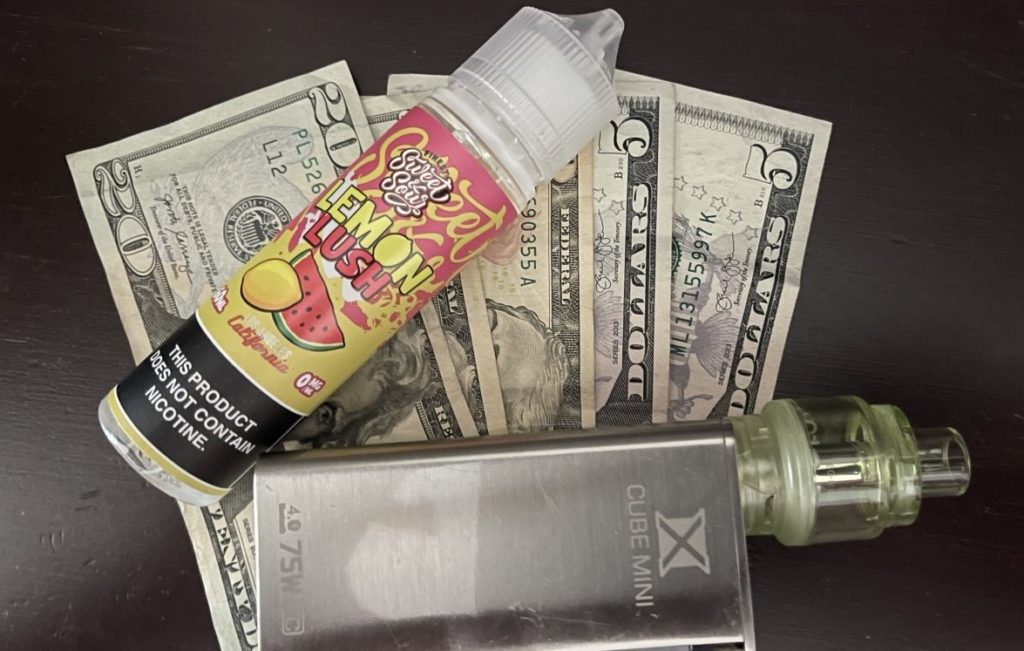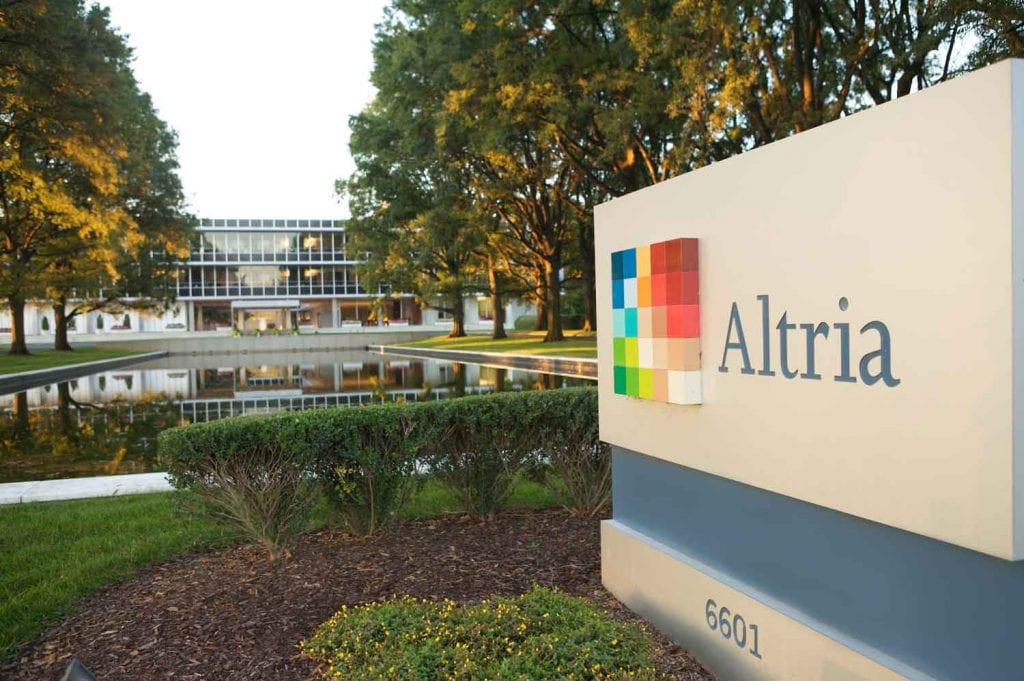The U.S. Food and Drug Administartion has again issued warning letters to several small businesses for selling illegal vaping products.
The warning letters handed to 61 brick-and-mortar retailers cite the sale of disposable e-cigarette products marketed under the brand names Elf Bar/EB Design and Lava.
“These warning letters were a result of FDA’s ongoing monitoring of multiple surveillance systems to identify products that are popular among youth or have youth appeal,” the agency wrote in a release. “Findings from the 2023 National Youth Tobacco Survey found that more than 50 percent of youth who use e-cigarettes reported using the brand Elf Bar.
“In 2023, the manufacturer of Elf Bar began marketing the product under the name “EB Design.” In addition, the brand Lava was identified as popular or youth-appealing by the agency following review of retail sales data and emerging internal data from a survey among youth.”
According to the agency, the retailers receiving these warning letters sold or distributed e-cigarette products in the United States that lacked authorization from the FDA, in violation of the Federal Food, Drug, and Cosmetic Act.
Warning letter recipients are given 15 working days to respond with the steps they will take to correct the violation and to prevent future violations. Failure to promptly correct the violations can result in additional FDA actions such as an injunction, seizure, and/or civil money penalties.
To date, the FDA has issued more than 550 warning letters and more than 100 civil money penalty actions to retailers for the sale of unauthorized e-cigarettes. However, few retailers respond to the FDA’s actions.

